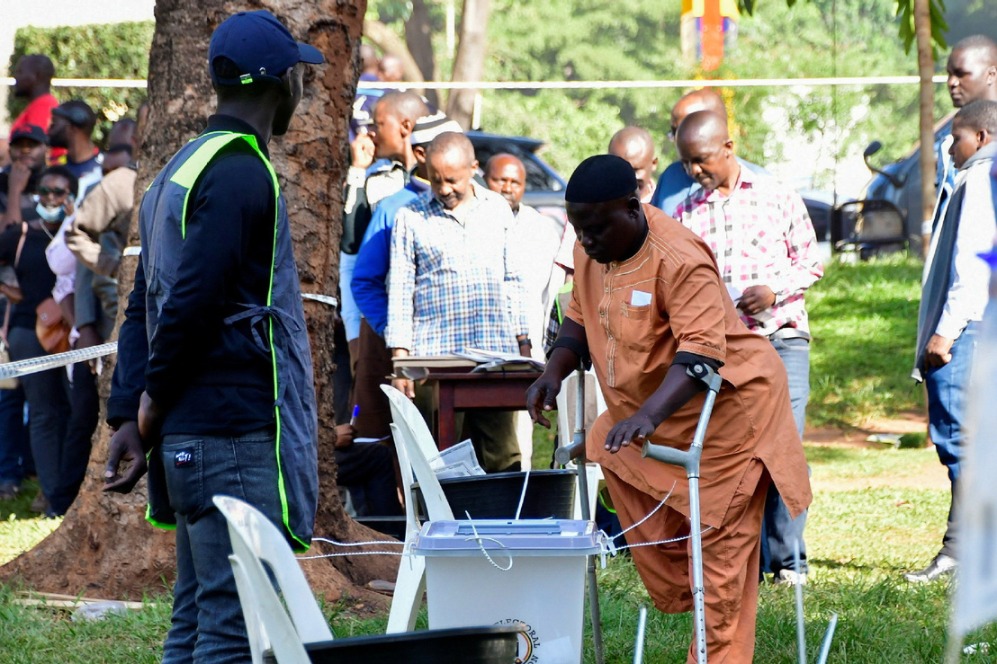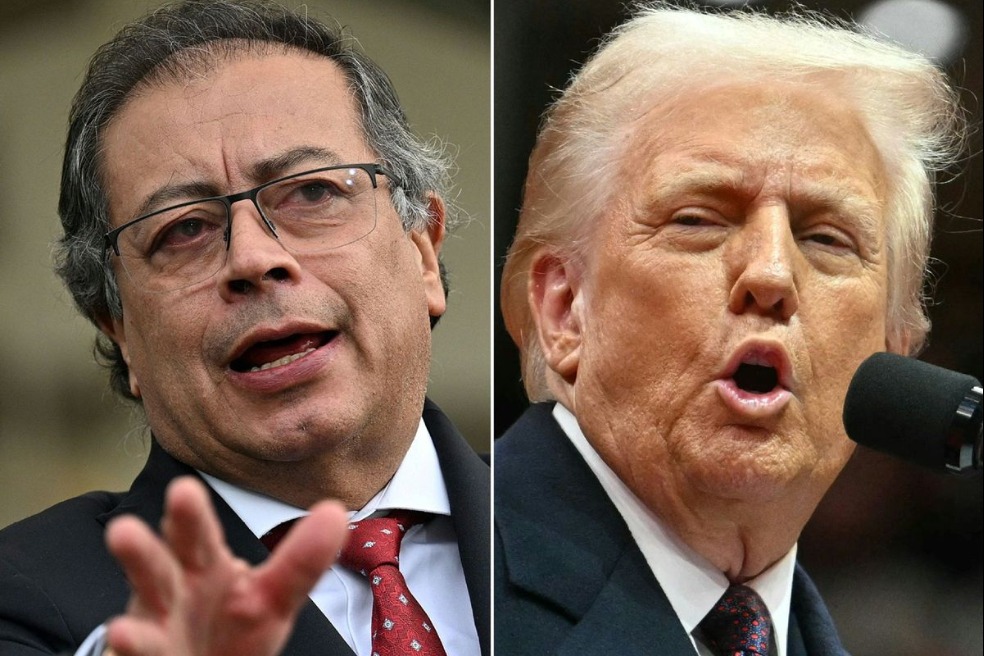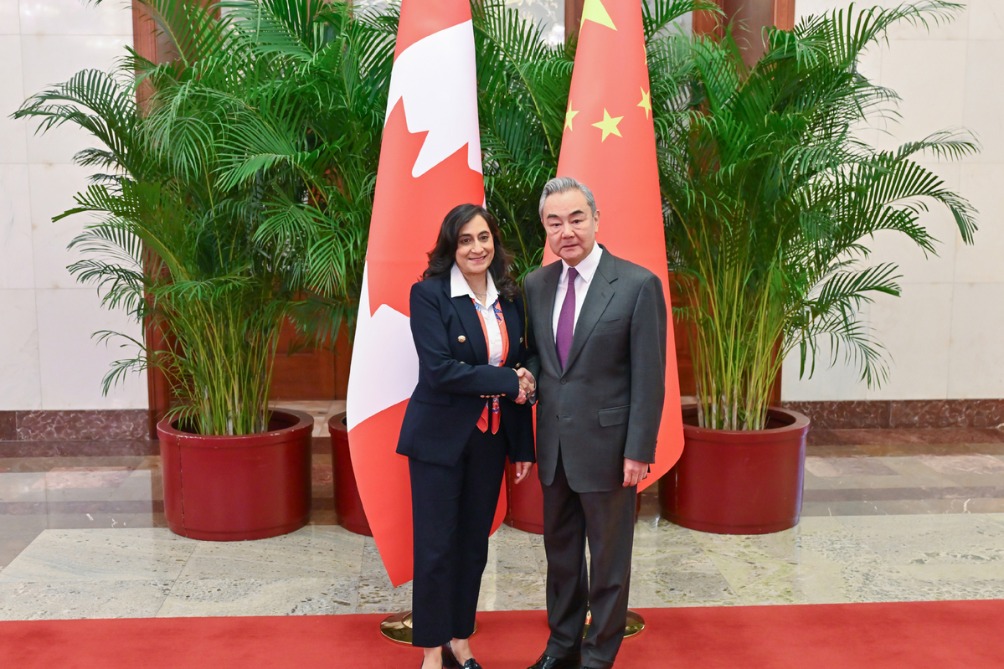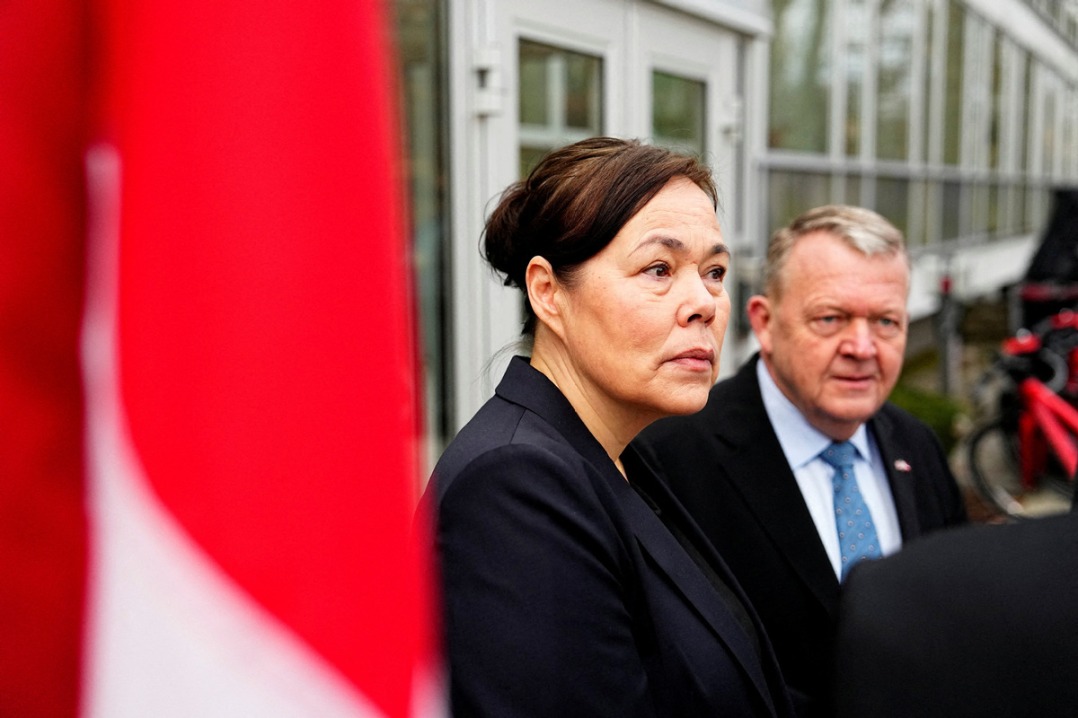Amid Ramadan celebrations Indonesians face more than 'seasonal inflation'





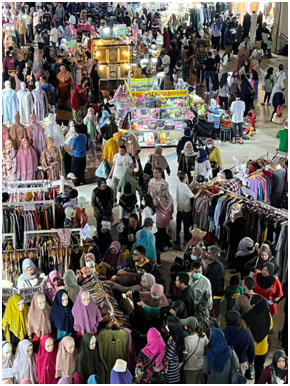
Every year, Adi Sutrisna, a Jakarta-based chauffeur, goes to bazaars soon after he breaks his fast during Ramadan. Sutrisna and his wife visit various Ramadan night bazaars, shopping for clothes, food, home decors and gift items ahead of the Eid al-Fitr festivities that mark the end of the Muslim holy month. But this year, with prices rising, the couple has decided to cut down on their shopping expenses.
"We will just wear our old clothes. Our priority is buy train fare so that we can go back to our hometown," Sutrisna said. Indonesians usually go on an annual Eid exodus to their hometowns -- more known as mudik -- to celebrate Eid with their extended family. This is the first time in three years that Sutrisna will be going back to Central Java following the end of the COVID pandemic restrictions.
Sutrisna's financial woe is not unique. Indonesia is a Muslim-majority country and food prices usually go up during Ramadan as people buy more food and other items to prepare for the Eid festivities. But analysts note that this time it is not just a "seasonal inflation".
Consumer prices have been surging in the past few months, with inflation hitting a seven-year high of 6 percent on September 2022, on the back of higher global food and fuel prices. In February, inflation has eased to 5.47 percent, but "price pressures remain evident," according to Nicholas Mapa, senior economist at ING, a Dutch investment bank.
"Despite inflation coming down from its peak, however, price pressures remain evident with inflation still quite high for major items such as food, transport and utilities," Mapa said in his research note published March 9.
According to Statistics Indonesia, food and beverage prices rose by 7.23 percent in February, while transport cost jumped by 13.59 percent. The prices of utilities increased by 3.43 percent.
Mapa said ING is closely monitoring retail sales in the next few months as this can approximate the pace of domestic consumption in Indonesia.
"Retail sales, which had been relatively healthy in the first half of 2022, showed signs of slowing when faced with the sharp uptick in prices. If inflation does continue to slide this year, retail sales could potentially recover and provide some lift to overall growth," he said.
Indonesia's central bank governor Perry Warjiyo sees inflation remaining above 5 percent in the first half of the year, according to a report filed by Reuters. He said prices of rice and cooking oil have been increasing in the past month and expects food prices to rise further during Ramadan.
Rinto Harahap, a garments vendor in Jakarta, is expecting more people to visit his store during Ramadan but he is not optimistic that this will translate to higher sales. Shopkeepers in the Tanah Abang market in Jakarta feel the same way. While they expect to see huge crowds in the next few weeks, most of them are likely to just do window shopping. The Sien Ling, textile vendor in Tanah Abang, said most customers cannot afford to pay for the higher prices.
Despite such a bleak outlook, those in the food service sector are hoping for brisk sales especially at nighttime after the Muslims break their fast by eating their iftar meals.
Lurina Ingkiriwan, owner of the popular Waroeng Sunda restaurant in west Jakarta, has seen more diners coming in since Ramadan started on March 22. "I am optimistic about our earnings during this Ramadan," Ingkiriwan said, adding this will help her recover from the losses she incurred during the pandemic.
Contact the writers at prime@chinadailyapac.com












